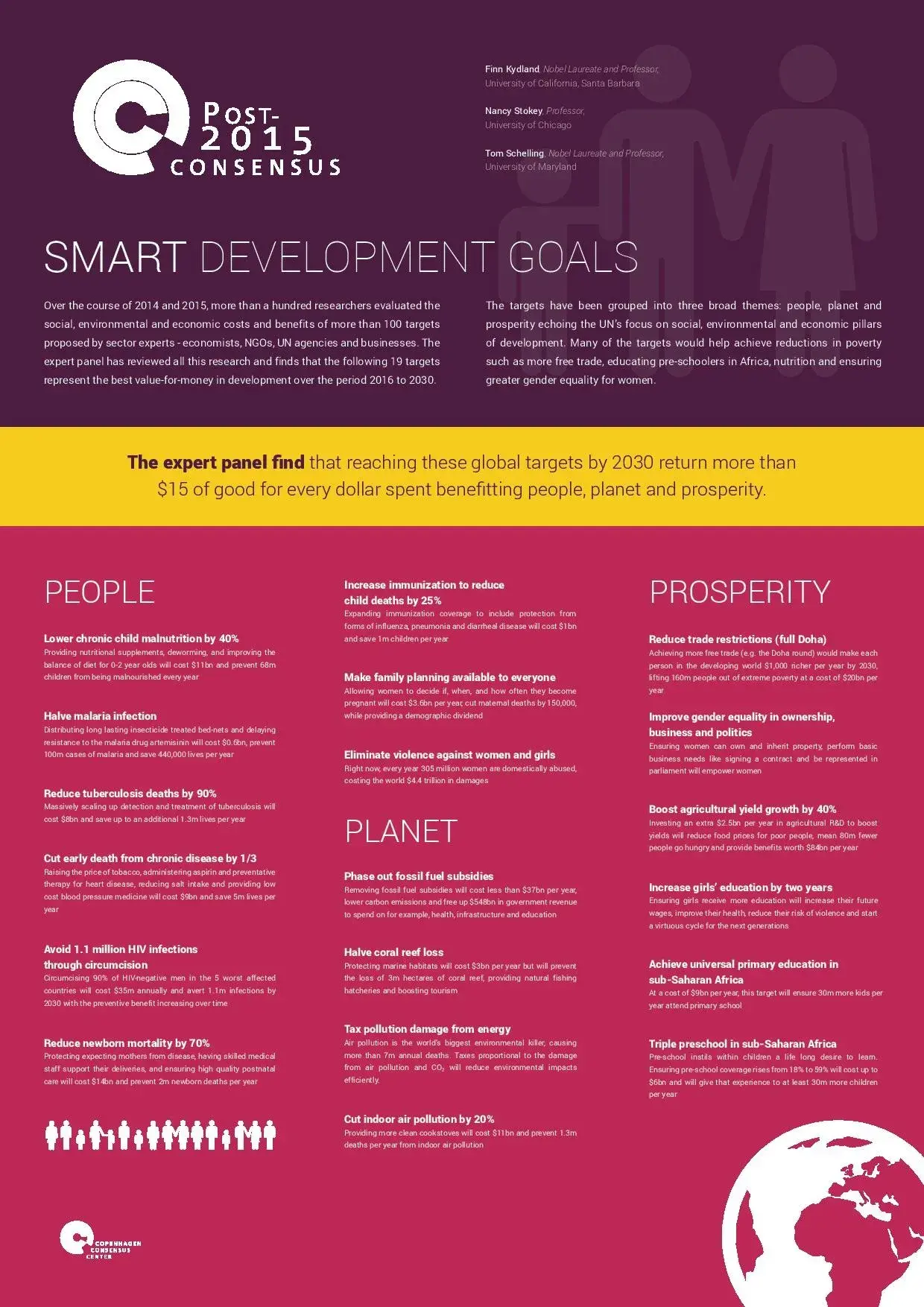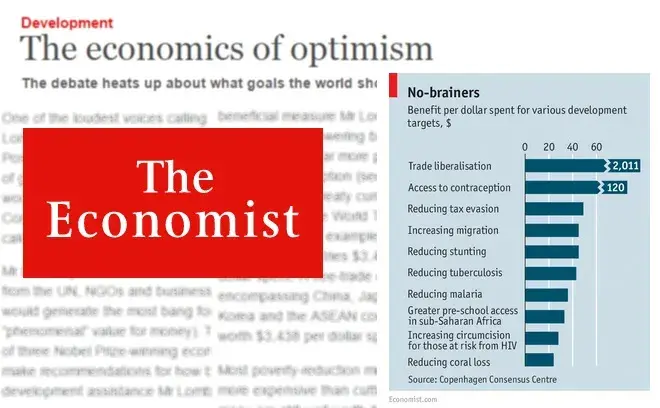Good Governance: Well-meaning slogan or smart SDG target?

Everyone agrees that having better governments – ones that deliver services efficiently, are less corrupt, and uphold the rule of law – is better than having bad governments. Indeed in a survey of more of than 7 million people, ‘an honest and responsive government’ was fourth in the list of people’s priorities, with only education, healthcare and better jobs being rated higher.
It seems clear then, that the global community should set goals for more transparency, more democracy, more fundamental freedoms and less corruption?
Actually no, argues Mary Hilderbrand, from Texas A&M and Harvard University, in a recent paper. As reported by Reuters and multiple Latin American newspapers (e.g. La Prensa in Panama and Milenio in Mexico), most of the time, trying to improve governance doesn’t help at all. For example, a study of 80 countries where the World Bank had programs to improve governance showed that governance improved in 39% of countries but worsened in 25% – what could look like a moderate success. However, all the countries the World Bank didn’t help had similar success and failure rates – suggesting that the World Bank programs had made no difference.
That is why proposed targets like “Substantially reduce corruption and bribery in all its forms” sound great, but are essentially well-meaning slogans with little content.
One target is worth pursuing: ‘provide legal identity for all, including registering all births’. While this seems overly simple – this target is measurable, clear and defined, so progress can be monitored. It is also likely to be indicative of a functioning and competent public service.
There are also real benefits to each citizen of having a proper legal identity. It helps them to claim their legal rights and property rights. Elections become less vulnerable to corruption, and it helps for opening a bank account.
You can read all the papers on governance and institutions here and download the one page PDF here.
The smartest targets for the post-2015 development agenda
What are the smartest targets for the post-2015 development agenda?
In a world of limited resources, we can’t do everything, but how should we prioritize? The Copenhagen Consensus Center provides information on which targets will do the most social good relative to their costs. The final decision on choosing goals will definitely rest on a number of factors, not just economics – but knowing the costs and benefits provides an important piece of information.
The Post-2015 Consensus brought together, renowned experts from the UN, NGO and private sectors with 60 teams of economists to produced 100+ research papers to establish the most effective targets for the post-2015 development agenda within 22 core issue areas: Air Pollution, Biodiversity, Climate Change, Conflict & Violence, Data for Development, Education, Energy, Food Security, Gender Equality, Governance & Institutions, Health: Chronic Diseases, Health: Health Systems, Health: Infant Mortality & Maternal Health, Health: Infectious Diseases, Infrastructure, Illicit Financial Flows, Nutrition, Population & Demography, Poverty, Science & Technology, Trade, and Water & Sanitation.
An Expert Panel including two Nobel Laureates has reviewed all of this research and identified 19 targets that represent the best value-for-money in development over the period 2016 to 2030.
Only have three minutes? Watch our introduction video to the Post-2015 Consensus project.

Making prioritization a factor in the post-2015 debate
An overview of Copenhagen Consensus' ground-breaking research which is shaping the thinking for the 193 governments about to prioritize the smartest development goals for 2016-2030. If you've just read the article in The Economist you might be interested in exploring more about our project, and the research we've undertaken so we have put together an online supplement with more in-depth information.


